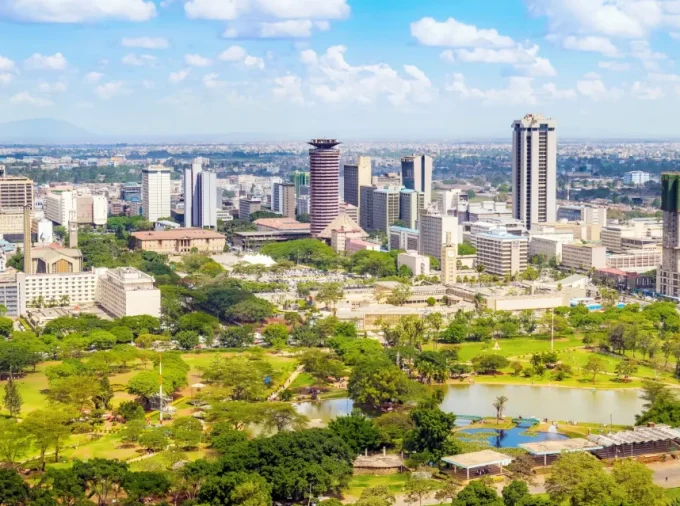Many successful personalities have emphasized money know-how, also referred to as financial literacy, as an important ability. Money know-how wrote the lives and histories of the successful legends like Sir John Templeton, Warren Buffett, George Soros, Peter Lynch, Benjamin Graham and many more legends who have built great empires.
Opinions on the importance of financial literacy exist that are as old as the history of United States of America. Samuel Adams in his letter to James Warren, dated 4th November 1775, noted that “no people will tamely surrender their Liberties, nor can any be easily subdued, when knowledge is diffused and Virtue is preserved.”
He also observed in the same letter, how lack of financial education and integrity is the cause for failure by many people who had the opportunities to great success but let it slip away. He quips that “when people are universally ignorant, and debauched in their manners, they will sink under their own weight without the aid of foreign Invaders.”
See also: How to use a budget to bring harmony to your life
This political philosopher captured an emphasis at the heart of the financial literacy debate – the need to for education and integrity. That it is doing the “right thing because it’s the right thing to do.”
I have proposed in many of my pieces to different fora that financial literacy is the only lasting solution for poverty in the first, second and third world. Like the Bible says in the book of proverbs “My people perish for lack of self-knowledge” – they actually do perish for lack of self-knowledge.
A quick scan at the over seven billion people who form the world’s population today, return just over 1,250 dollar billionaires, who seem to be doing the right thing with their money. The rest are different levels of poverty. One wonders why such a large number of people would keep representing the middle class and the poorer majority.
Financial literacy has been described as having the ability or capability (knowledge, skills and attitudes) to make responsible financial decisions. Responsible financial decisions necessarily must be realistic and deliberate.
A realistic decision is one that fits into your current financial situation. It calls for integrity and honesty – meaning, being honest with yourself and with others. And this is very rare!
A deliberate decision is one you have made out of own considerations of facts and under no external pressure. It is one you take with every desire to consume of its perils – both good and not so good for there is a benefit at the tail end you desire to achieve.
The question that then begs answers is just how does one get to do the right thing with money? Who teaches and where are we taught money and the right things to do with it?
In my over 15 years of experience in five banks and an insurance company in Kenya, I can confirm that these institutions are in the business of giving clients sufficient information to enlighten them just enough to pick up a service from them, not to transform any bit of their skill gaps, mental capacity or character in a beneficial way. That is not their business and you should not expect it from them.
Whatever information they give out never really attempts to remove the primary problem the client walked in with in their premises, but rather just to sooth it. They live you as blind on the other options that you ought to know to have a full picture. It is up to you to do the finding out before you rush at any financial decision. A free will, must give you the power of choice between options.
What are you teaching you children about money through your daily life routine?
Next read: Seven reason you must write a will
Patrick Wameyo is financial literacy educator and small businesses consultant. He is the lead consultant at Financial Academy Business School, a unique for budding entrepreneurs. Comments and inquiries to [email protected]
















































![Pula Co-Founders and Co-CEOs, Rose Goslinga & Thomas Njeru. Pula provides agricultural insurance and digital products to help smallholder farmers manage climate risks, improve farming practices and increase their incomes. [ Photo / Courtesy ]](https://businesstoday.co.ke/wp-content/uploads/2021/01/Pula-Co-Founders-and-Co-CEOs-Thomas-Njeru-Rose-Goslinga.jpg)




























































Leave a comment